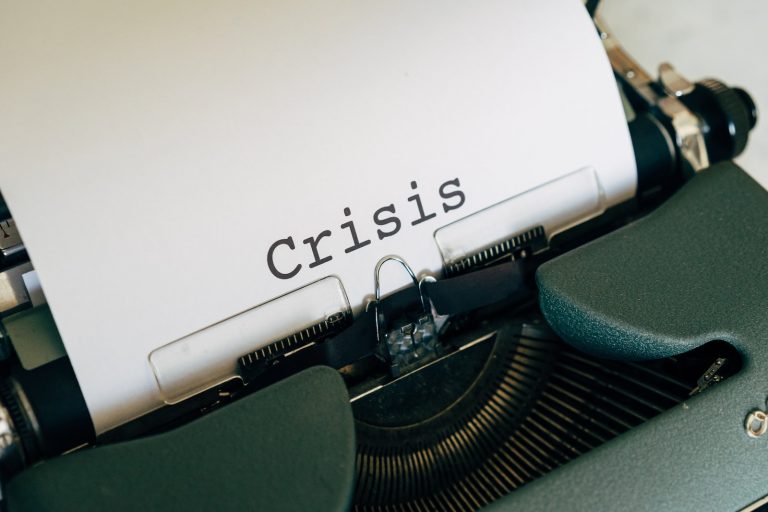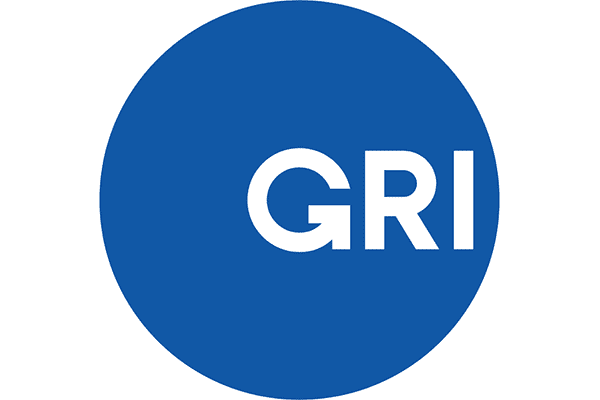Surviving the Midlife Crisis: Simple Tips and Coping Strategies to Turn Your Midlife Crisis into a Fresh Start

STORY HIGHLIGHTS
- The complex nature of mid-life crisis
- You can’t avoid it. How can you mitigate and move on from it?
Introduction
As I hit close to my 50s and get past midlife, life has started to take a different turn than I had expected. On the bright side, my kids are adults and have thriving careers with solid marriages. On top of all, I lead a healthy life, but the shared purpose and sense of self often fall apart. I’ve read hundreds of times about midlife crises, but it is hard to grapple with the immeasurable gapping avoid you often find yourself in.
At some point, getting through life becomes less than normal, and it becomes a starting point for a midlife crisis. At my age, the last thing I need is to start a new career or make significant life changes. I understand that in the context of a midlife crisis – it is all about spotting the signs and getting on the path of healing.
I also understand that my journey to cope with a midlife crisis is bound to be different than others. Still, the continuous faux sense of realization that I may have let life pass by without accomplishing major personal and professional achievements is daunting. With 8 in 10 young Singaporeans hitting quarter-life crisis, I wonder what is the actual statistics for those facing mid-life crisis in Singapore.
My journey to regaining control and to make sense of my mid-life crisis was a self-enlightening one. The focus of this article is to share with you my personal journey to make sense of my midlife crisis, in hope that you too can find your own motivation to move past the crisis you face.
The Complex Nature of Midlife Crisis
A report by Channel News Asia (CNA) emphasized that midlife crisis the feeling where you feels that the life you have been leading is misaligned with the core of your identity. The usual range to get caught in the cobweb of a midlife crisis can be from 45 to 65 years old, but it can start before 45 and continues beyond 65 years old. As I see it, a midlife crisis is a continuous psychological struggle. As I started to get old, different events started to trigger inevitable mortality.
And is suddenly dawned on me that there I have had not enough achievements in life. This, in turn, started my self-doubts and questioning, potentially leading me into the cycle of anxiety and depression. Of course, the birth of midlife crisis goes back decades, but my struggle was in trying to figure out “how” it ties together with my current life.
I found an extensive behavioral science report on “Midlife Crisis: A Debate” that stated individuals who experience a midlife crisis don’t really report a midlife crisis. This helped me understand that people like me just question the existence of specific events and scenarios throughout their life. Yet, in my experience with peers. I do understand that for some people, a midlife crisis can be quite extreme. If you had any of the following signs or symptoms, you may be experiencing a midlife crisis.
- Feeling unfulfilled in life
- Intense feelings of nostalgia
- Persistent feelings of emptiness and a general sense of feeling meaningless
- Dramatic changes in behaviour and appearance
- Intense feeling of regret
- Constant comparison of oneself to others who seem more content or fulfilled.
Keeping that in mind, here are some of the coping strategies and practical tips that has allowed me to grapple with my midlife crisis:

Mid-life crisis is confusing to navigate.
Best Coping Strategies and Added Tips to Make a Fresh Start Out of Your Midlife Crisis
An Opportunity for Self-Reflection
In line with my midlife crisis, one of the best way to make sense of my midlife crisis is to see it as an opportunity to re-evaluate my life to focus on what truly matters. It is the best way to get out of my sticky situation healing journey started “only” when I decided to stop focusing on what I have not achieved or done, and to focus on what I want for my future.
Aside from reflecting and evaluating my future purposes, I take small, intentional steps to align myself with how I envision my future to be. This has created new meaning for me.
Stop the Endless Search for Happiness
We’re all human beings desperately searching and craving happiness. One of the best tactics I adopted to deal with my midlife crisis is to be practical about my quest to gain “more” happiness. On the surface, “feeling always happy” sounds appealing, but I realized it has little to no practical grounds in reality. One research proves that constantly chasing after happiness creates an endless loop of craving more happiness.
It is a mobius circle to chase happiness becomes that ends up as a series of disappointments. In my experience, the best way is to stop finding “extra” happiness. Instead, developing mindfulness by focusing on the experiences in the “here and now” has helped me feel contented. Once I acquired this skill, I didn’t have to actively chase after happiness. I find joy in doing the things I do, even simple ones like watering the plants.
Learn to Deal with a Midlife Crisis
In a state of a midlife crisis, I can tell you it feels like you’re stuck in a situation that has a direct impact on your mental health. I understood from the start that I had to create a self-assurance mechanism that could work as a reminder that I’m not alone. With this approach, I started to see my midlife crisis as just another issue that most people experience in their life.
For example, it used to be fun to be on social media platforms. But when I started to experience a midlife crisis, it became clear that I had to bid farewell to social media platforms or at least cut down some usage. The insatiable desires and alternative lifestyles presented on social media just wasn’t helpful to me at that point. Similarly, I started taking part in activities to know more people, real-world people who help me make sense of my struggles through their way of life and life philosophies.
Express Gratitude and Show of Appreciation
Gratitude is a way to see things that change our perspective. People started to pass on more inspiration and energy to my life as I started practicing gratitude in my life. It could be something as simple and beautiful as witnessing a sunset every day, appreciating my son for calling, or listening to my favorite song.
Cultivating a habit of gratitude however, requires practice. For instance, I started to note down the things that made me feel grateful about life and thought about people who have always been strong supporters of me. I turned this into a habit before going to bed every night.
Meditate and Relax
I profess – before the midlife crisis – I was oblivious to meditation. But it’s all true – meditation, another aspect of mindfulness practice, is one of the best coping strategies to deal with a midlife crisis. In fact, meditation helped me dismiss unrealistic notions of happiness and mitigate the symptoms of my depression and anxiety. Through meditation, I was able to:
- Promote my mental health
- Improve my physical health
- Improve my concentration
- Enhance my self-awareness
Meditation also helped me tame my primitive side, or as neuroscientists call it, Default Mode Network. DMN comes into play when you’re not focused enough, and your mind lingers on thoughts that don’t matter. And when I started to deal with my midlife crisis, I would dwell on destructive thoughts all the time. But through meditation, I significantly managed to decrease my DMN activity. If meditation doesn’t work out, then it would be better to opt for regular meditation to snap out of these destructive thoughts.
Make a Habit of Laugh Out Loud
I’ve watched people in parks and films laugh out loud as a form of exercise. But I never thought this was something I would have to take up to get through my midlife crisis. Besides, studies prove that laughter releases endorphin and activates serotonin.
In fact, this neurotransmitter element has the power to relieve stress, and physical tension, protect the heart and improve the immune system. In the early stages of my midlife crisis, I started to indulge in more humor and laughter.
In my experience, I also watched the stand-ups of my favorite comedians and watched films I love to trigger laughter. After that, I started to make a direct and conscious effort to trigger laughter in my day-to-day routine.
Personalized Your Approach to Survive Midlife Crisis
At some point of your life, a midlife crisis may knockon your door. But getting through this chapter of your life is normal. As long as you’re serious about turning the tide, you should be able to get through a midlife crisis.
While the journey may not always be smooth sailing, you can take control by staying focus on your future goals. You have to balance out your journey and celebrate small ones. In my personal experience, it is the best way to gradually survive the midlife crisis and move on. Whether it’s a bad habit or an unproductive mental attitude, do whatever you have to do to get back on the track in life and build a coping mechanism to start again.
I often looked at meditation from afar and felt there was no need in my life. But when I hit the midlife crisis, it dawned on me how much of a positive psychological impact meditation can have on my life. It gave me an added boost of energy and calmness to overcome a plethora of issues.

Entering mid-life is a milestone worth getting lost and crazy over
Final Thoughts: Consider Life as a Celebration
Like me, most people going through midlife crises need to develop critical self-reflexivity to redefine and develop their professional and personal competency. Remember, there is no need to comprehend the complexities of the universe or cosmos and question fate at all times. In fact, it took me some time to realize that there is no need to overburden my mind with endless questions. In hindsight, I started to think of life as an extravagant party where I’m always the center of attention.
- Blended Concept
- December 28, 2022
- 2:17 pm


